Should soldiers patrol in Jamaica's tourist hotspots?
/Reggaetourist summary - I found the editorial in today's Gleaner to be rather surprising. The context is of course global terrorism but also the killing of a Canadian tourist recently in Negril. The editorial pleads for more soldiers patrolling the tourist towns of Jamaica, stating that tourists would feel safer. What do you think?
Editorial | A case for soldiers in resort towns
Jamaica Gleaner
Tuesday, June 14, 2016 - Editorial
It used to be the argument of Jamaica's tourism interests and policymakers that soldiers patrolling the streets of the island's resort towns would be damaging to the industry. The presence of the military, they felt, would detract from the image of a laid-back, idyllic tropical paradise portrayed in tourism brochures. So, visitor arrival numbers would decline and tourists travel to alternative destinations.
If those assumptions were ever true, we would doubt their validity in today's global environment. Rather than being spooked by the sight of soldiers, visitors are more likely to be reassured, feeling safer.
The immediate context to this observation is last weekend's murder in Negril, a well-known holiday spot, of Canadian tourist Andre Palakai, who was shot dead while attempting to prevent the robbery of his female companion. So, far this year, there have been 46 homicides, a 15 per cent increase compared to the same period in 2015, in the parish of Westmoreland, in whose police division much of Negril falls. Overall, murders are running at around the same rate as in 2015, but with a notable shift in the geographic distribution - declining in the usual hotspots of Kingston and St Andrew and St Thomas regions and increasing in rural parishes, as well as some of those with significant levels of tourism. Negril/Westmoreland is a case in point, as well as St James, whose capital is the big tourism centre, and Trelawny, a growing tourism region.
The good thing, last weekend's incident notwithstanding, Jamaica - with one of the world's worst homicide rates of near 40 per 100,000 - has one of the lowest rates of crime against tourists. Visitors are more likely to be harassed by the hard-sellers of trinkets and all other manner of goods and services.
However, when visitors suffer the fate of Mr Palakai or are murdered like Randy Hentzel and Harold Nichols, two American missionaries who were killed in the parish of St Mary in May, foreign attention, of an unwelcome kind, is paid to Jamaica.
The island's crime problem, for instance, was a focus of sections of the US media after the killings of Messrs Hentzel and Nichols. An unfortunate and far more tragic event, the mass killings in Orlando, will likely spare Jamaica the intensity of the scrutiny this time.
RETHINK SECURITY TACTICS
But it is an opportunity, we believe, for Jamaica, in the short term, to rethink its security tactics in the tourist resort towns. We believe that they should be flooded with soldiers and other security officers on foot patrol. And their presence should be obvious. We believe this would be a deterrent to crimes against tourists. Visitors are unlikely to be fazed or offended by the sight of armed soldiers on Jamaica's streets. Indeed, in the age of global jihadist terrorism, the presence of armed paramilitary security is a growing feature of many cities.
The value of their presence in Negril, or the tourist sections of Montego Bay or Ocho Rios, would not only reassure tourists. Jamaicans, too, live in these communities and their safety is not divorced from that of visitors. Moreover, the more than three million visitors who come to Jamaica each year spend more than US$2 billion, contributing to an industry that accounts for nearly 10 per cent of GDP. Jamaica can't afford tourism's collapse.





